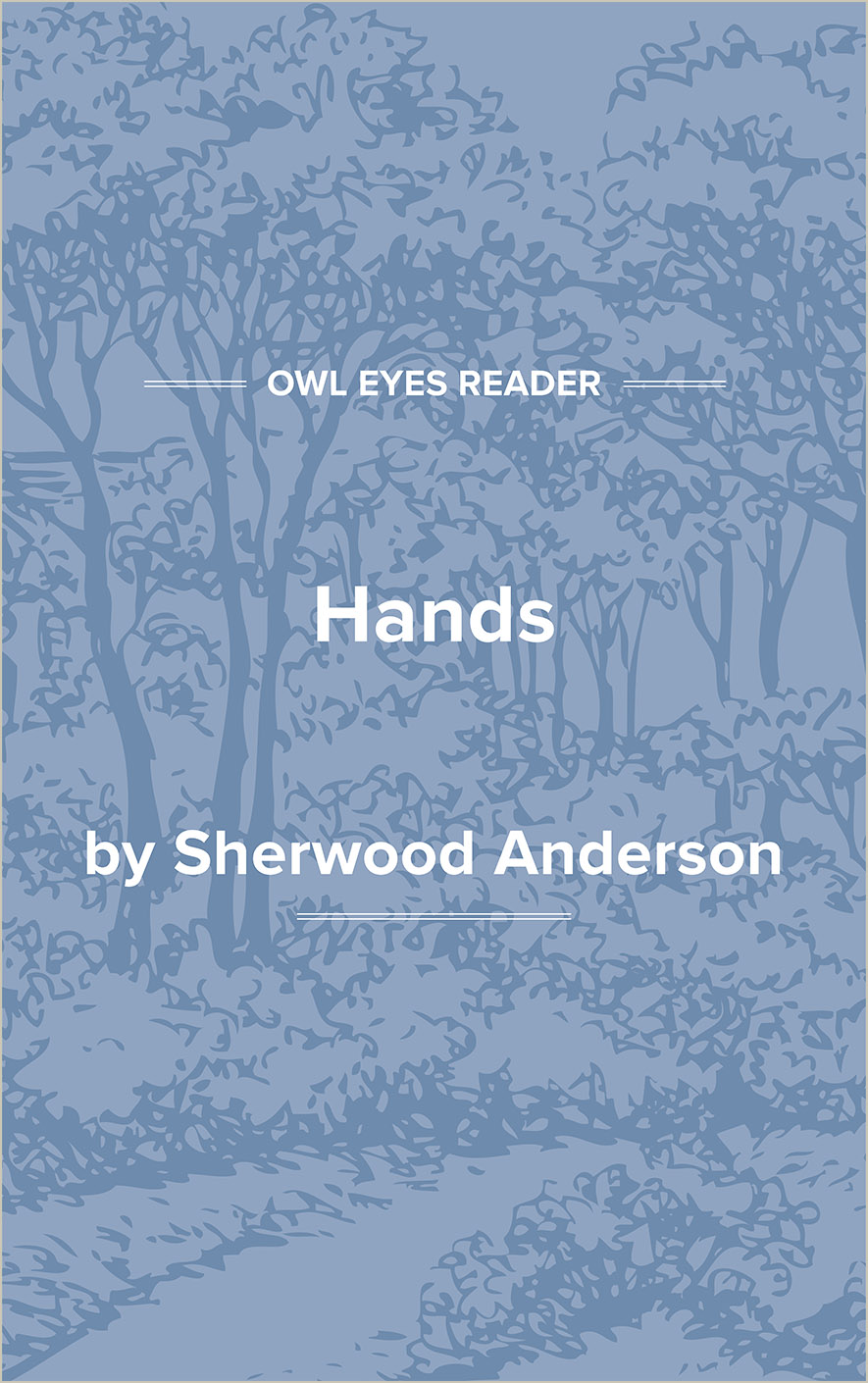Sherwood Anderson Biography
One usually reads the letters of a famous author for two basic reasons: to gain some insight into his thought and art and to get an impression of his personal life, especially in terms of friendships and personal acquaintances. The assumption is that letters, because they are not written for publication, communicate an intimacy and honesty perhaps lacking in the author’s other work. Although such indeed may not always be true, since established writers are often well aware that their letters will be collected and eventually published, this new collection of letters by Sherwood Anderson does indeed give at least the illusion of intimacy and straightforwardness.
Sherwood Anderson, however, may be a special case, since it has often been remarked that his writing generally is characterized by sincerity and a personal voice. Indeed, Anderson’s Winesburg, Ohio (1919) has a lasting place in the history of American short fiction for breaking the mold of cheap tricks and popular devices which characterized the short story in the twentieth century before its publication. Because of its honesty and unaffected style, Winesburg, Ohio has had a positive influence on the American short story ever since the book appeared.
This is not the first collection of Anderson letters, nor is it by any means an attempt to be complete. Howard Mumford Jones and Walter B. Rideout edited Letters of Sherwood Anderson in 1953, and other letters have been published in various places, most notably letters to Van Wyck Brooks and Gertrude Stein. This does not mean, however, that Charles Modlin has here had to take insignificant “leavings” from an already well-scoured barrel. The Newberry Library owns more than five thousand Anderson letters, so many that the 401 letters published mainly from that collection by Jones and Rideout did not begin to exhaust the source. In addition to selecting letters from the Newberry collection, for which there had been no room in the Jones-Rideout volume, Modlin has also included letters from twenty-three additional libraries and from private collections. The most important of this last group, not made public before, are to Arthur Barton, a New York playwright with whom Anderson collaborated for a staged version of Winesburg, Ohio, in which the reader gets a more personal view of Anderson’s feeling for the characters in that epoch-making book.
The purpose of this new selection—that is, in addition to making public a group of important letters never before seen in print—is to give a unified view of Anderson’s life from the beginning of his career until his death. Thus, there is a certain poignancy in opening the collection with January, 1916, letters from Anderson to Henry Mencken, then editor of a New York magazine, and Theodore Dreiser, an established writer at the time, asking them to read the manuscript of his first novel, Windy McPherson’s Son, published later that year, and ending it with a letter two months before his death to his old boyhood friend, Herman Hurd of Clyde, Ohio (the real town fictionalized as Winesburg), asking him to check if the Clyde library needs copies of any of his books.
In between these early letters of a mature man of thirty-nine, who struggled to leave the advertising work in Chicago that he hated, and become a writer, and the final letter of a man of sixty-four, asking an old friend if the story were really true that an old-maid librarian in Clyde had once burned his books, one finds a wide spectrum of Anderson insights and observations about American industrialized society, about literature, about his rural life on a farm in Virginia, and, of course, about his own life and work. As to be expected in collections of letters by literary figures, one finds here the usual complement of letters to editors, critics, and other writers. In addition to the letters to Dreiser and Mencken, there are letters to Upton Sinclair, Carl Sandburg, Waldo Frank, Jean Toomer, F. Scott Fitzgerald, Ernest Hemingway,...
(The entire page is 1,979 words.)
Owl Eyes subscribers get unlimited access to our expert annotations, analyses, and study guides on your favorite texts. Master the classics for less than $5/month!

